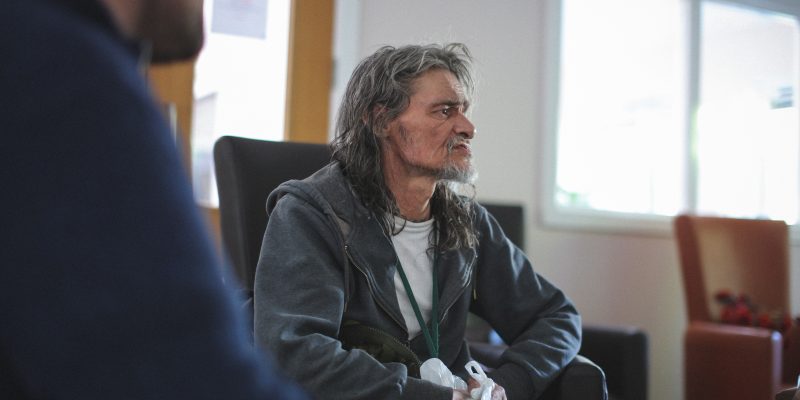Measuring our impact can be challenging, as so much of what we do aims to influence the behaviour of others or the wider health system. Within our Partnership Programme, we now collect routine data from Pathway teams in hospitals across the country, and our research base tells us that the presence of high quality teams reduce rough sleeping, improve hospital efficiency and improve patient health.
Assessing the impact of our wider system change work is much more difficult. For individual training resources and programmes, we routinely count participants, as we do for the networks and topic-based groups that we host. Membership of the Faculty for Homeless and Inclusion Health increases year-on-year.
Over the years – thanks to our work and the activism of many other partners – we’ve seen structures within the NHS and in medicine more generally begin to adopt our language of ‘inclusion health’, including in job titles and national programmes. We also see inclusion health groups now routinely name-checked by NHS England.
We also see data systems adjusted to begin to identify inclusion health groups, and since our foundation we have seen a huge growth in medical research relating to our populations’ needs. We can’t claim we’ve generated this impact alone, but we believe we’re continuing to make a significant contribution to the creation of an inclusion health movement. Moving forwards, we’ll continue to support the many amazing clinical colleagues and inclusion health practitioners who work across the NHS.
For a range of research and evaluation reports on inclusion health interventions, take a look at our publications.
